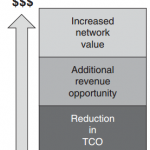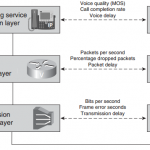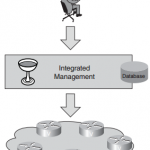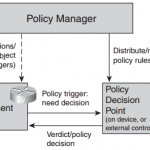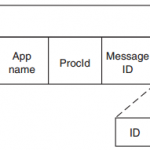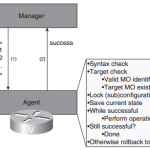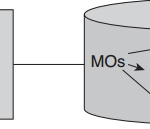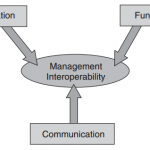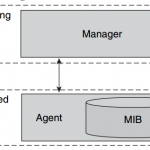Cisco Network Mgmt Protocol FAQ: Management Metrics Q1. In what ways can network management impact a service provider’s business? Answer: It affects the cost of ownership of a network, revenues that can be generated from communication services, network availability, and the quality of the communication services that are offered. Figure: Network Management Business … [Read more...]
Cisco Network Mgmt Protocol FAQ: Service Level Management
Cisco Network Mgmt Protocol FAQ: Service Level Management Q1. Both the provider and the customer of a service should be concerned with service level monitoring. Why is this so? Answer: The customer might not know for sure whether he is indeed getting the service level that was agreed to. Q2. Assume that you are a service customer and are about to enter an SLA with a … [Read more...]
Cisco Network Mgmt Protocol FAQ: Management Integration
Cisco Network Mgmt Protocol FAQ: Management Integration Q1. Imagine that you are a service provider. An equipment vendor offers you an integrated management system. Which aspects of management integration will such a system be unlikely to address, even if the equipment vendor’s claims are, from his perspective, entirely correct? Answer: It might not provide multivendor … [Read more...]
Cisco Network Mgmt Protocol FAQ: Management Organization
Cisco Network Mgmt Protocol FAQ: Management Organization Q1. Assume that you have to manage an enterprise network with several remote branch locations. You are told that you need to collect performance data from each remote location to assess the total traffic that goes to headquarters, that is directed to other enterprise locations, and that goes to destinations outside the … [Read more...]
Cisco Network Mgmt Protocol FAQ: Common Management Protocols
Cisco Network Mgmt Protocol FAQ: Common Management Protocols Q1. Why is SNMPv1 not considered secure? How could a hacker exploit its security holes? Answer: SNMPv1’s only security mechanism is a community string that is part of SNMP messages, which is communicated in the clear. For example, it does not offer authentication, which would enable an agent to ascertain the … [Read more...]
Cisco Network Mgmt Protocol FAQ: Management Communication Patterns
Cisco Network Mgmt Protocol FAQ: Management Communication Patterns Q1. What are the fundamental interaction patterns between the management agents? Answer: Manager-initiated request and response, and agent-initiated events. Q2. Assume that you have a network with 1000 devices and 1500 links. Assume that a performance management application is interested in 18 performance … [Read more...]
Cisco Network Mgmt Protocol FAQ: Management Information
Cisco Network Mgmt Protocol FAQ: Management Information Q1. What does the acronym MIB stand for? Answer: Management Information Base. Figure: MIB and MOs Q2. Name four categories of management information and tell what distinguishes them. Answer: State information reflects the current state of physical and logical resources. It is used mainly for monitoring. It tends to … [Read more...]
Cisco Network Mgmt Protocol FAQ: Management Functions and Reference Models: Getting Organized
Cisco Network Mgmt Protocol FAQ: Management Functions and Reference Models: Getting Organized Q1. What does FCAPS stand for? Answer: Fault, Configuration, Accounting, Performance, and Security. Q2. What does OAM&P stand for? Answer: Operations, Administration, Maintenance, and Provisioning. Q3. What is the difference between alarm filtering and alarm … [Read more...]
Cisco Network Mgmt Protocol FAQ: The Dimensions of Management
Cisco Network Mgmt Protocol FAQ: The Dimensions of Management Q1. What are the different aspects, or “subdimensions,” of management interoperability? Answer: Communication, function, and information Figure: Aspects of Management Interoperability Q2. Why is a management protocol needed between managers and agents, and why isn’t mere connectivity between them … [Read more...]
Cisco Network Mgmt Protocol FAQ: The Basic Ingredients of Network Management
Cisco Network Mgmt Protocol FAQ: The Basic Ingredients of Network Management Q1. Name the two contexts in which the term agent is used in network management. Answer: 1) The agent role—that is, the role of the managed network element, as opposed to the managing system. 2) The management agent—that is, the software component of a network element that implements a management … [Read more...]
